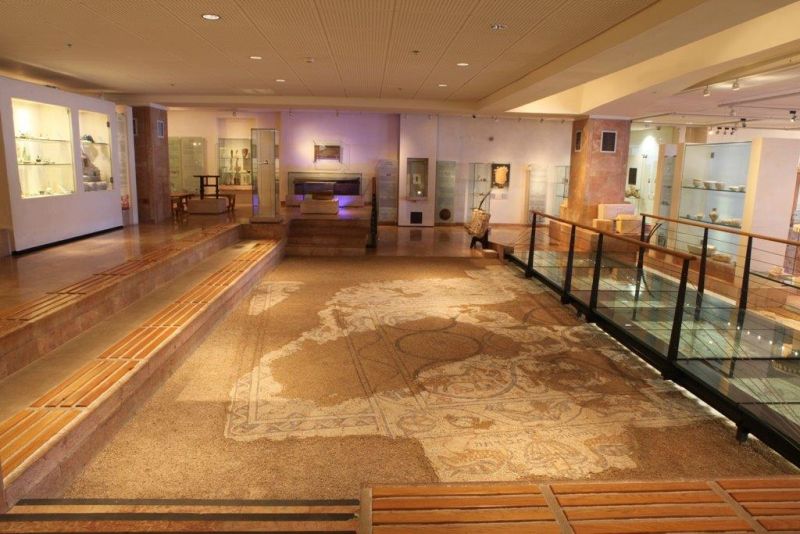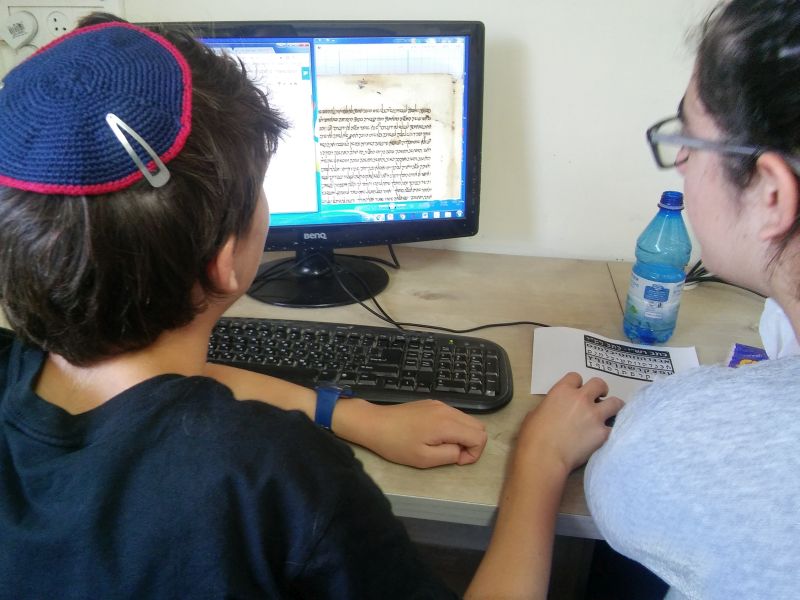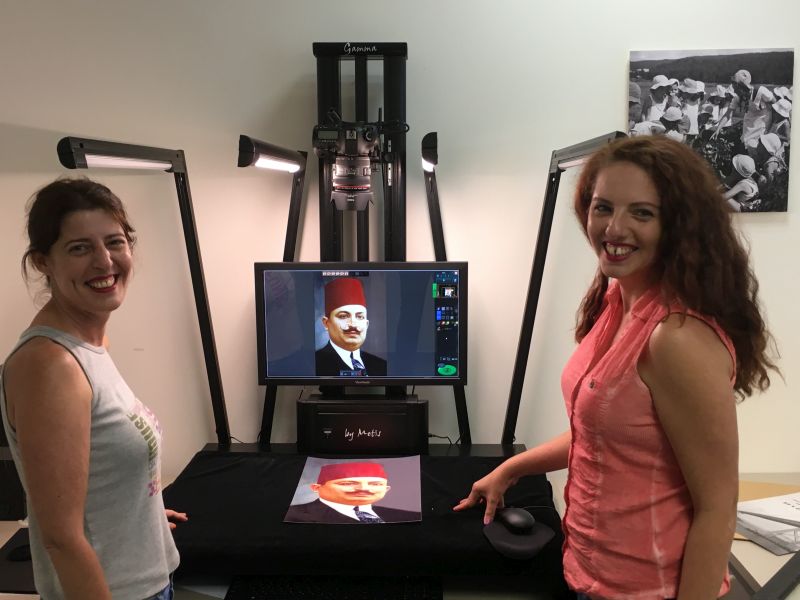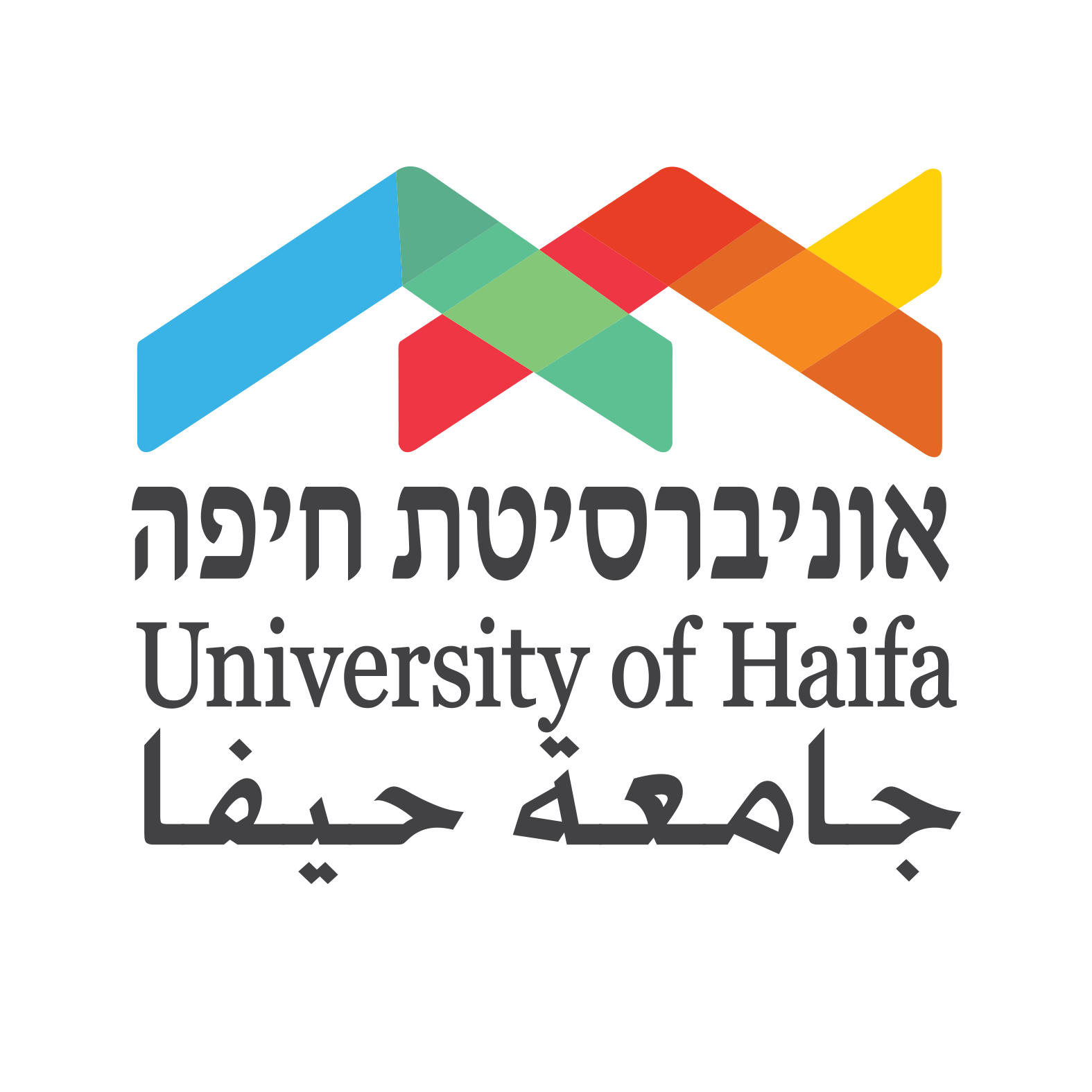University of Haifa rolls out Israel’s first academic degree in Digital Humanities
Digital Humanities – the rapidly growing discipline that sits at the crossroads between computer science and the humanities – is transforming scholarship in traditional fields of literature, history, and philosophy and reshaping our knowledge of human culture and behavior.
Reconstructing priceless antiquities using machine vision systems, reinterpreting classical literary works with high powered text-mining techniques, and unlocking the richness and depth of graphic Kabbalistic diagrams using advanced scanning software are a few examples of projects that use digital technologies to advance humanities research in the new information age.
The University of Haifa, recognized for its strength in the humanities and social sciences, is at the forefront of the field in Israel. This year, it will become the first Israeli academic institute to offer a BSc degree in digital humanities. “The ambitious three-year program is attracting students with unique interests,” explains Prof. Tsvi Kuflik, co-director of the digital humanities program and former head of the Information Systems Department. “They will be passionate about applying computational resources to cultivate a two-way relationship between humanistic inquiry and digital power.” The unique BSc is based on a double major degree in information systems and the humanities and includes several new specialized courses. The program received prompt approval by the Council for Higher Education.
“The concept of using computing techniques in the documentation and preservation of subjects that fall under the humanities umbrella is not new,” notes Dr. Moshe Lavee of the Department of Land of Israel Studies and co-director of the new degree program. “Yet over the past decade a new spirit of collaboration and experimentalism has ushered a major shift in the way scholars and students in the humanities conduct, interpret and share their research. Scholars from the University’s Faculty of Humanities have been integrating digital tools into their research activities through collaborations with the Department of Information Systems for several years now.”
“Digital Humanities creates bridges between academic disciplines, research and education, and even the university and the public. As research is made increasingly accessible, the humanities is becoming more relevant to modern society.” -Dr. Moshe Lavee
“The first project I worked on came from a literary scholar, Dr. Ali Hussein, who sought to identify anonymous Arabic poets by spotting common patterns in metaphorical structures of medieval Arabic poetry,” recalls Prof. Kuflik. “What seemed at the time like a trivial request turned out to be an interesting challenge involving the application of high powered computing and text-mining techniques.” Since then, many researchers have turned to the University’s Information Systems Department to leverage the power of modern computers to further research. Other projects that followed included collaborations involving 3-D imaging of archaeological collections, the development of virtual exhibits at the Hecht Museum, and a crowdsourcing project that “filled in” missing texts from fragments of the Cairo Genizah.

A novel mobile museum visitors’ guide system was developed at the Hecht Museum as part of a joint Italian-Israeli research project applying mobile technology to personalize the museum visitor’s experience. The project,headed by Prof. Tsvi Kuflik and Prof. Oliviero Stock of the Bruno Kessler Foundation (FBK) research center in Trento, Italy, aimed at linking the pre, pre, during and post phases of the visit.

Schoolchildren explore a medieval Jewish text written from the collection of the Cairo Genizah, a crowdsourcing pilot project of the eLlijah (e-Learning in Jewish Studies at Haifa) Laboratory led by Dr. Moshe Lavee. The lab is part of the center for Interdisciplinary Research of the Cairo Genziah at the University, founded with the generous support from The Landy Charitable Fund, and Foundation Francois et Nicola Grandchamp. The Cairo Genizah is the world’s largest and most important single collection of medieval Jewish manuscripts.
The digital humanities program at the University plans to initiate an internship program for students in high-tech firms, public libraries, archives and museums, and will coordinate the participation of students in prestigious summer exchange programs at partner universities. Expansion of joint research activities with leading universities are also underway with Oxford, Princeton, and the University of Pennsylvania to further develop the Cairo Genizah public documentation pilot into a methological framework for using crowdsourcing in humanities research. In addition, plans are also being set to launch a graduate program in the coming future.
View some of the extrodinary projects underway at the University:
Listen to a podcast: with Dr. Moshe Lavee, on the Cairo Genizah and untold Jewish History here.
More digitization on campus
 (l-r) Media Librarian Keren Barner and student Dalya Odem with top-of-the-line digital scanner newly
(l-r) Media Librarian Keren Barner and student Dalya Odem with top-of-the-line digital scanner newlyinstalled at the Library for digital preservation projects.
The Younes and Soraya Nazarian Library, among the most advanced in Israel, is participating in a European-wide project that has adopted a digital platform based on machine learning algorithms and advanced technology. The Library’s Media, Special Collections and Archives Department, headed by Ora Zehavi, is involved in numerous digitization and preservation projects, including the theses and dissertations database, the research publications repository, and the historical photographs of the Land of Israel collections. It was recently chosen to lead the digitization of archival materials on Israeli theater as part of the newly launched project by the Israel National Library “Land Marks” to preserve Israeli visual culture and performing arts. Over the course of the project the department will collaborate with Prof. Yuval Shaked, Head of the School of the Arts, and faculty members of the Department of Theater.
Read more on the Library's extensive activities in digital humanities here.


